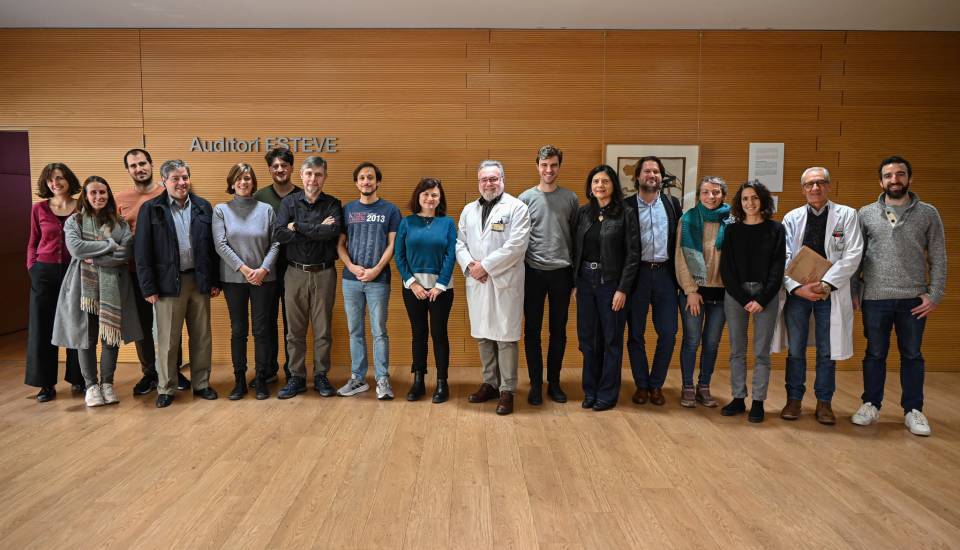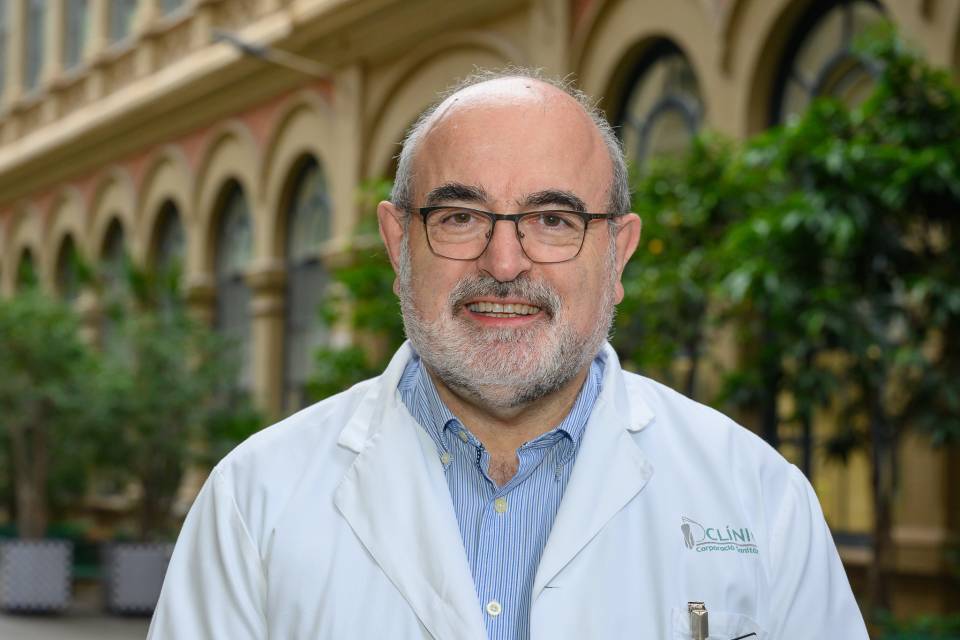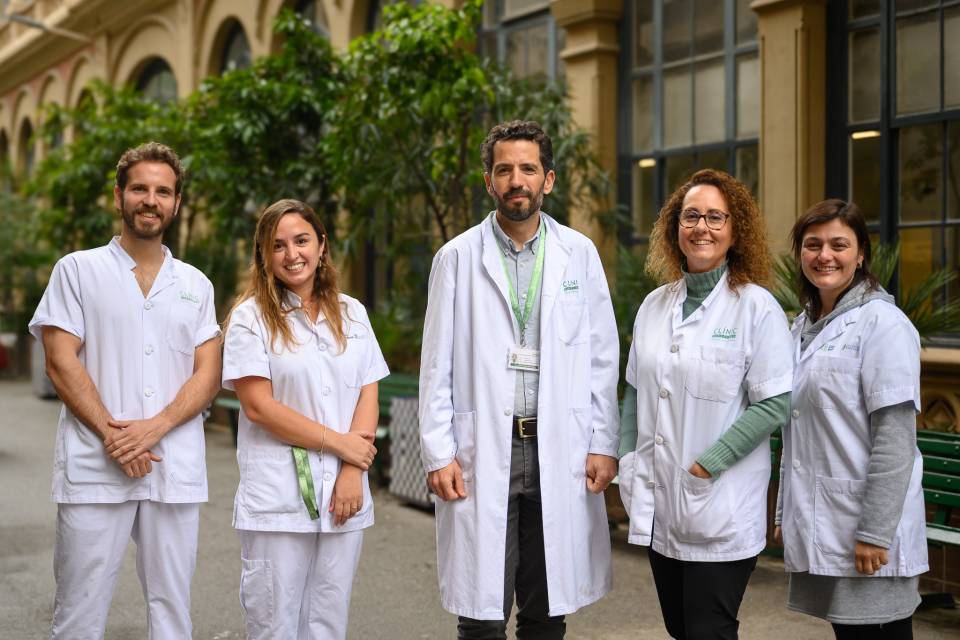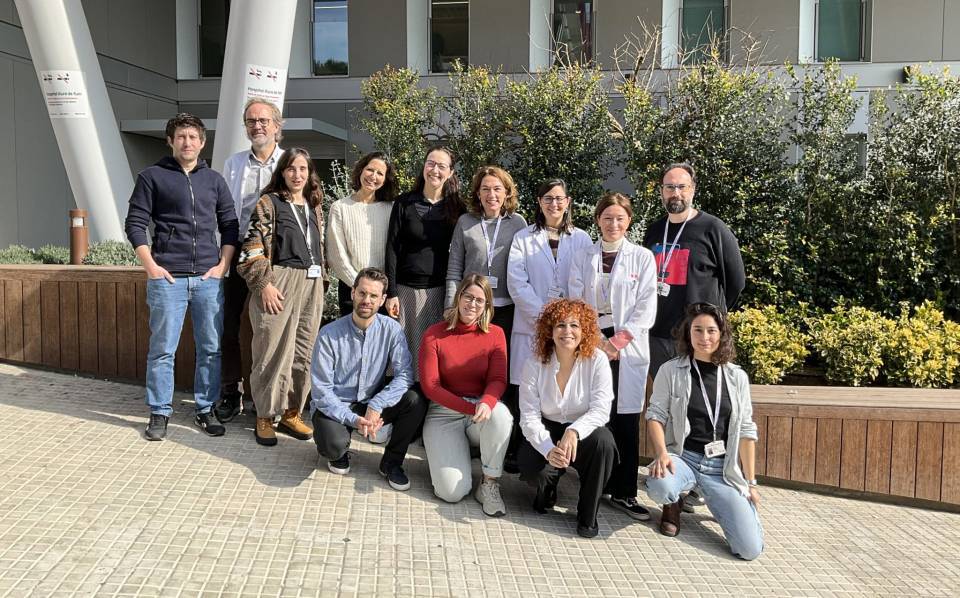The programme’s kick-off meeting was held in the Esteve Auditorium in the Esther Koplowitz Centre (CEK) on 4 February. The event was attended by Michela Bertero, IDIBAPS’ director of strategy, and the heads or representatives of the research groups involved:
-
Bipolar and depressive disorders, led by Eduard Vieta (coordinator of the programme)
-
Systems neuropharmacology, led by Analía Bortolozzi (coordinator of the programme)
-
Alzheimers disease and other cognitive disorders, led by Raquel Sanchez-Valle (represented in the meeting by Albert Lladó)
-
Pathophysiology and treatment of neurodegenerative disorders, led by Jordi Alberch
-
Imaging of mood and anxiety related disorders (IMARD), led by Joaquim Raduà
-
Schizophrenia, led by Eduard Parellada
-
Inherited metabolic diseases and muscular disorders, led by Glòria Garrabou
-
Systems neuroscience, led by Maria V. Sanchez-Vives
-
Neuropsychology, led by Carme Junqué (represented in the meeting by Bàrbara Segura)
-
Parkinson disease and other neurodegenerative movement disorders clinical and experimental research, led by M. Josep Martí (represented in the meeting by Yaroslau Compta)
Brain disorders are highly prevalent and have a powerful impact on the quality of life of patients, families and healthcare systems. Despite their profoundly negative effects, very little progress has been made in understanding and developing new therapies for these disorders in recent years due to the great challenge posed by studying the human brain.
The new IDIBAPS research programme aims to:
-
Create a common registry that integrates all the data produced by the programme: clinical and neuropsychological data, neuroimaging, molecular analyses and the documentation of biological samples.
-
Promote the study of brain disorders by creating new animal models, developing a new non-invasive technology, analysing detectable and reliable biomarkers of brain activity and integrating the data obtained from the different neuroimaging systems.
-
Create an artificial intelligence platform that can combine all the data produced by the programme and make predictions to improve diagnosis, prognosis and responses to treatment.
-
Develop and test new treatments using the most advanced cellular and animal models.
About IDIBAPS research programmes
In 2022, IDIBAPS launched a new initiative to promote collaboration between its research groups called ‘Multidisciplinary research programmes’. The programmes bring together various IDIBAPS groups to facilitate collaboration, especially between basic and clinical groups. Both junior and senior researchers are involved in these programmes and female leadership is promoted.
There are currently five programmes under way:




